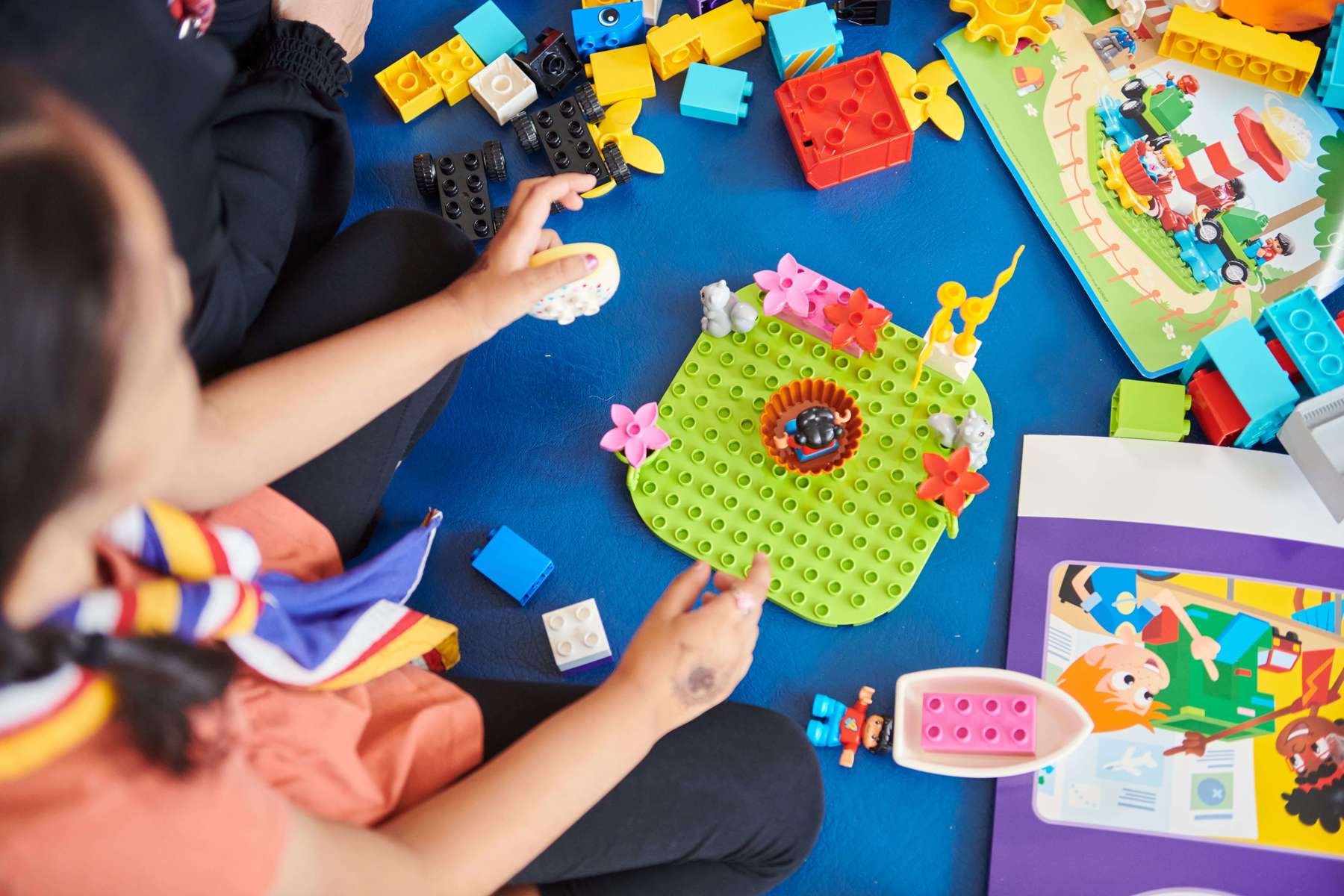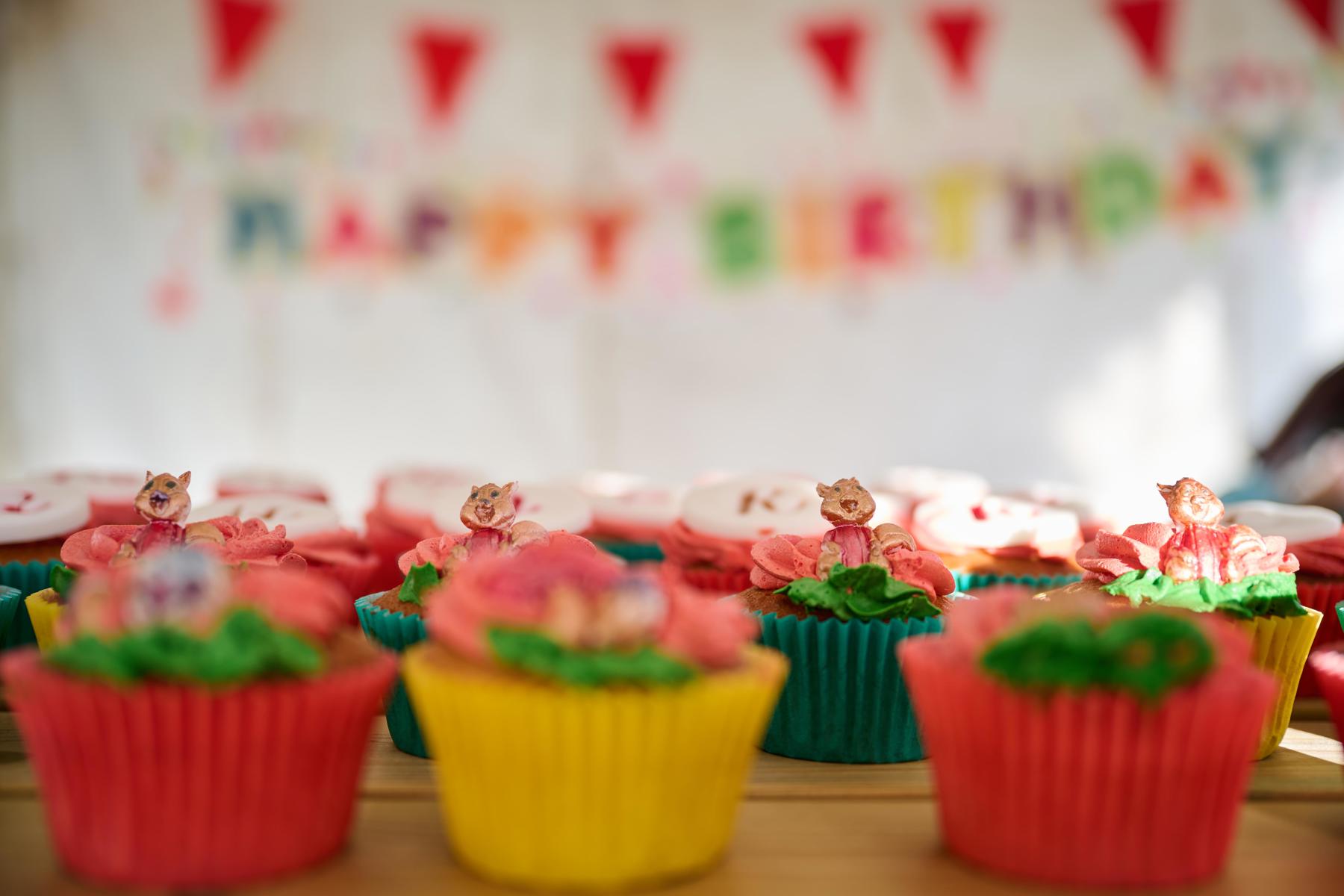Blog | 07 November 2022
How to make special occasions and events autism friendly
Share
Special occasions and celebratory events can be an exciting and fun time. But new activity can be overwhelming for some of us.
We spoke to the National Autistic Society about how to make special events, celebrations and occasions celebrated at Scouts, such as Christmas, New Year’s Eve, Eid and Hanukkah, autism friendly.
The tips outlined below are just suggestions, rather than rules. Every autistic person is different so it is important to ask about their needs before you plan your celebration.

- If your group is planning to attend an event, look for relaxed performances or experiences, such as pantomimes, theatre shows and cinema screenings, that you may want to go to. You may want to take along sunglasses and ear defenders to any performances or experiences in case the noise or lights are overwhelming.
- If you plan a trip, try to plan days out around the business’s relaxed hours if they have them, as they often turn off music or unnecessary lighting during this time.
- Work with the autistic person and/or their parents and carers to help the autistic person to attend the event. Showing photos, maps or videos of the venue, experience or event beforehand may help to ease anxiety around going.
- The autistic person should be able to leave or take a break at any time. Be sure to have an alternate ‘plan B’ just in case your autistic scout feels overwhelmed and needs a quiet space. You may decide in advance who can support by taking them out of the performance. This may mean taking an extra volunteer. Make sure ratios and the Young People First (Yellow Card) policy are maintained throughout.
- Think about ways you can enjoy the celebration that work for your group and members. It’s OK if it’s different to everyone else’s or to what you experienced in Scouts growing up.
- Don’t feel pressured into doing things, such as going Christmas carolling, just because that’s what other groups do. Try creating your own traditions that are easy and fun for everyone.
- At Scouts, you may often make many changes for the celebration days, such as decorations or changing your normal meeting routine. The person or their parents and carers may to be told in advance of changes to routines or timetables. You could let them know about any holiday or occasion-themed activities in your schedule at the start of term.
- You could find out and share the planned dates for when the meeting place might visibly change too, such as the day the Christmas decorations may be added.
- Ensure all plans are shared for the celebrations, so everyone knows what they will be doing, when it’s happening, where it is and what it’s like, and who else will be there. For example, people may need to know about turning off lights, what the food will be, plans for activities and where there's a quiet space to escape to.
- Use visual aids such as calendars, lists and schedules to help plan for the event. Countdown calendars can be helpful. Counting down could also be helpful to remind the person of some key events, such as how many meetings left until the Scouts break for holidays or until a special trip.
- Most autistic people can handle some change to their routines, but very few can flexibly handle complete disruption. Knowing the autistic volunteer or Scout as you do, you can pick and choose the kinds of changes they can handle most easily. For example, you may decide to have decorations in the hall, but not have any music or flashing lights.
- Some autistic people can experience social anxiety around people they don't know, Your group may want to focus on enjoying smaller gatherings with people you're familiar with. This may mean making joint district or local area event parties optional.
- Have a quiet space at Scout meetings or parties, with a bag of relaxing/calming toys, ear defenders, sunglasses, fidget toys or favourite items.
- If your group is planning a party, avoid having surprise parties or parties with surprise guests, such as Santa arriving unexpectedly.
- You may want to have a completely decoration or celebration-free area of the meeting place, which could be used as a quiet zone.
- Tell your volunteers and Scouts in advance when decorations will be going up and, where possible, involve them in the process. This'll make it less of a shock when they all appear. For example, your Scout group could offer to decorate the meeting place.
- Photos of the meeting place and decorations from previous years, such as a Christmas tree. It may be helpful to look at beforehand to ease anxiety around the changes.
- Ask for any dietary requirements or allergies before planning any food.
- If an autistic volunteer or Scout doesn't want to eat, or would rather bring their own food, then that's OK!
- You could keep the kitchen or eating area of you meeting place the same as it usually is, without any extra or special decorations.
- Consider if you should use Christmas crackers or party poppers on the table if the loud bang may overwhelm the person. If there are Christmas crackers on the table, let the person decide when to pull them. The person may not want to wear a party hat, such as from a cracker, too.
- If your Scout group give out gifts, talk to the autistic person or their parents and carers in advance. The person may not want their present to be wrapped. They may want them to be unwrapped or put unwrapped in bags, so there are no surprises. They may want to look at what the presents are before they're given out, too. This also removes any element of surprise if they find that difficult.
- Make sure to have clear name tags or distinguished piles, using things such as hula hoops, so that there are no confusion about who gets what gift. It may be best to get everyone the same present.
- Make sure presents are ready to use, as this can reduce waiting and frustration.
- The person may find some games that involve surprises or unwrapping presents, such as Pass the Parcel, overwhelming. Your group may choose to play a different game or another activity instead.
- Your autistic Scout or volunteer may want to wear noise cancelling headphones. You may want to invest in some for your group, so you always have a pair ready to use.
- If the autistic person's sensitive to sounds, try to avoid loud noises at your meetings, such as music, party poppers, fireworks, Christmas crackers, sparklers or busy places on day trips. Make sure they have a quiet space they can go to if they're overwhelmed.
- The person may find some games that involve loud noises, such as Musical Chairs or Musical Statues, overwhelming. Your group may choose to play a different game or another activity instead.
- Decorative lights or flashing lights can be very overwhelming, tiring or make it hard to focus. You may want to avoid using them at your meeting place or turn them off before the meeting.
- Smells from celebration events, such as gingerbread, Christmas scents and candles, can be overwhelming. You may need to check with the autistic person and/or their parents and carers if and what smells may overwhelm them.
- Let everyone wear what they feel comfortable in. Make sure special items, such as party clothes or hats, fancy dress or Christmas jumpers, are optional.
- If you go on a trip around the time of the event, your Scout or volunteer may need black-out curtains, especially if there are more lights outside or on windows than usual.
- The autistic person may need to be told the decorations are being removed. You could send them pictures of what your meeting place will look like after the event/celebrations.

Share this story